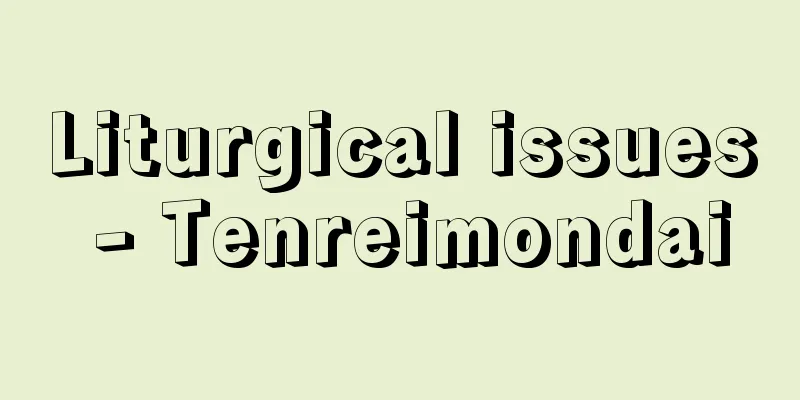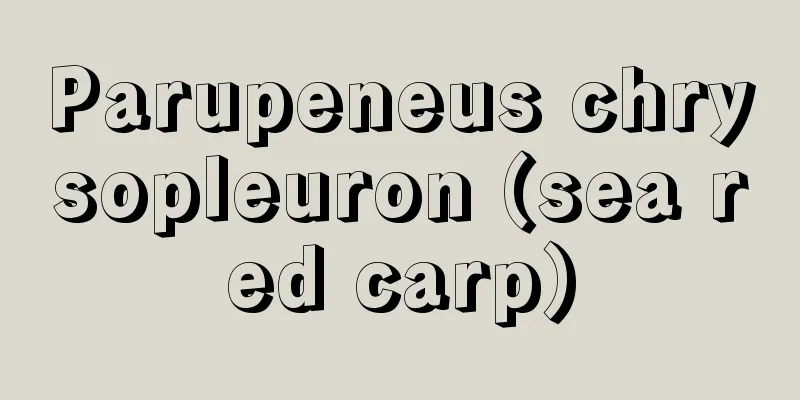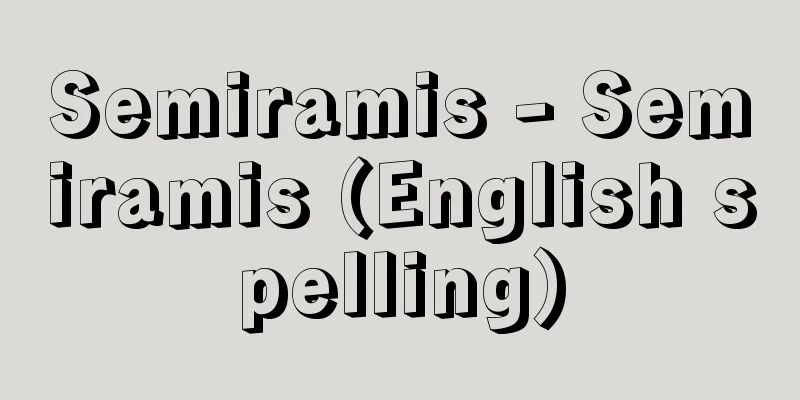Liturgical issues - Tenreimondai

|
When Catholicism was introduced to China, a dispute arose mainly over the extent to which believers should be allowed to practice Chinese rites related to the worship of heaven, ancestors, and Confucius. At first, this arose among Jesuits, but the mainstream took a tolerant attitude, regarding these rites as civil. Later groups such as the Dominican Order, Franciscan Order, and Paris Foreign Missions Society attacked the Jesuits, claiming that these rites were heretical and therefore inappropriate for believers to participate in. Eventually, the issue was asked of the Roman authorities, and Pope Clement XI, with the support of the Dominican Order and others, issued a papal bull in 1704 prohibiting believers from participating in the Chinese rite, and sent envoys to China to enforce this bull. Emperor Kangxi considered this Roman decision to be an interference by the Pope in his country's rites and religion, and sent two groups of envoys to Rome to explain that the Chinese rites were not superstitious. However, in 1714 Pope Clement XI issued a papal decree called Ex Illa Dié, declaring the excommunication of priests who did not adhere to the principles of the 1704 Bull. In response, Emperor Kangxi sent "red tickets" to various parts of Europe, trying to enforce his views. Rome also sent a second envoy to try to settle the situation, but was unable to get the emperor to understand Rome's intentions, and in 1723 Emperor Yongzheng completely banned the spread of Christianity. In 1742 Rome also banned all future discussion of the liturgical issue. [Toshihiko Yazawa] "China and Christianity" by Toshihiko Yazawa (1972, Kondo Publishing) Source: Shogakukan Encyclopedia Nipponica About Encyclopedia Nipponica Information | Legend |
|
中国にカトリシズムを導入するに際して、主として、信者に中国の天崇拝、祖先崇拝、孔子崇拝に関する儀式をどこまで許すことができるかに関して生じた論争。最初はイエズス会士の間で生じたが、主流派はこれらの諸崇拝をcivil(徳義的)なものとみて寛容的態度をとった。後来のドミニコ会、フランシスコ会、パリ外国宣教会などの諸団体は、これらの儀礼は異端的なものであるから、信者に参加を許すのは不適であるとしてイエズス会を攻撃した。結局解決をローマ当局に求めることになり、教皇クレメンス11世はドミニコ会などの主張をいれて、1704年中国典礼への信者の参加を禁止する勅書を出し、この勅書を励行させるために使節を中国に派遣した。康煕(こうき)帝は、ローマ側のこの決定は自国の礼教に対する教皇の干渉であると考え、二組の使節をローマに派遣して、中国の典礼が迷信的なものではないことを説明させようとした。しかしクレメンス11世は14年エクス・イルラ・ディエとよぶ教皇令を発布して、1704年の勅書の主旨を守らない司祭を破門することを宣した。康煕帝は対抗措置として「紅票」をヨーロッパの各方面に送り、自己の見解を徹底させようとした。ローマ側も第二使節を派遣して事態を収拾しようとしたが、ローマ側の意図を皇帝に理解させることができず、1723年雍正(ようせい)帝はキリスト教の布教を全面的に禁止した。ローマ側も42年典礼問題に関して今後いっさい論及することを禁止した。 [矢澤利彦] 『矢澤利彦著『中国とキリスト教』(1972・近藤出版社)』 出典 小学館 日本大百科全書(ニッポニカ)日本大百科全書(ニッポニカ)について 情報 | 凡例 |
<<: Heavenly calendar - Tenryaku
Recommend
Aira Tobikazura - Aira Tobikazura
→Mushroom vine Source : Heibonsha Encyclopedia Abo...
Internal gathering - Naiyorai
〘 noun 〙① During the Edo period, the magistrates o...
Kano Motonobu
Year of death: October 6, 1559 (November 5, 1559) ...
Card Tax - Koppaizei
〘 noun 〙 A national tax levied on items such as Ir...
Boston News-Letters
…Although it was a modern newspaper in both forma...
Public defender - kokusenbengo
A system in which the court or the presiding judge...
Kanjizai-ji Manor - Kanjizai-ji no Sho
...Hirajo, located on a terrace at the mouth of t...
Dansui - Dansui
A writer of ukiyo-zoshi and haiku poet in the mid-...
Fiction (English spelling)
Treating something contrary to fact as if it were...
Katsura Bunshi - Katsura Bunshi
A Rakugo performer from Kamigata. (First Generatio...
Birka (English spelling)
Sweden's oldest city is located on the island ...
Tiglath-pileser I (English spelling)
...The tradition of Assyria's commerce since ...
Kanto Oroku
...In Kabuki, it is said that the first performan...
Circumstantial evidence - circumstantial evidence
In criminal proceedings, it refers to evidence th...
feeder
…The lower part is usually in the shape of an inv...









